Last Friday, a pivotal ruling came down from a federal judge striking down key aspects of Florida’s “Stop WOKE Act.”
Championed by Governor Ron DeSantis and his Republican allies, this law aimed to scrub critical race theory from educational and workplace environments, framing it as divisive.
Ron DeSantis’ War on Woke
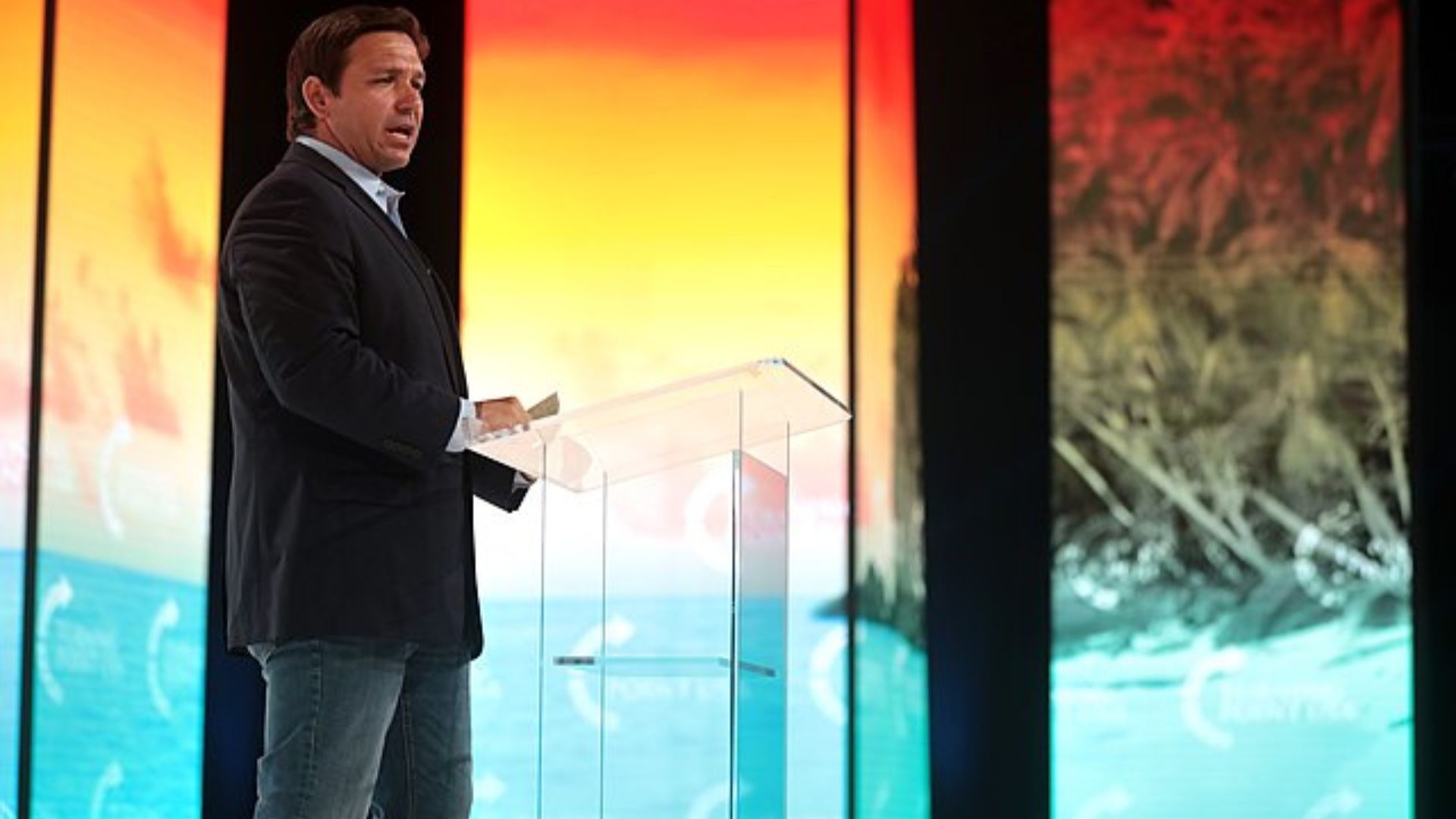
Since becoming the Governor of Florida, Ron DeSantis has begun a war on woke. This aims to stop and prevent woke ideology from being used in the workplace and education.
This war on woke has also been extended to the media, especially Disney. DeSantis wants to prevent the company from promoting LGBTQ+ in its films.
Understanding the ‘Stop WOKE Act’
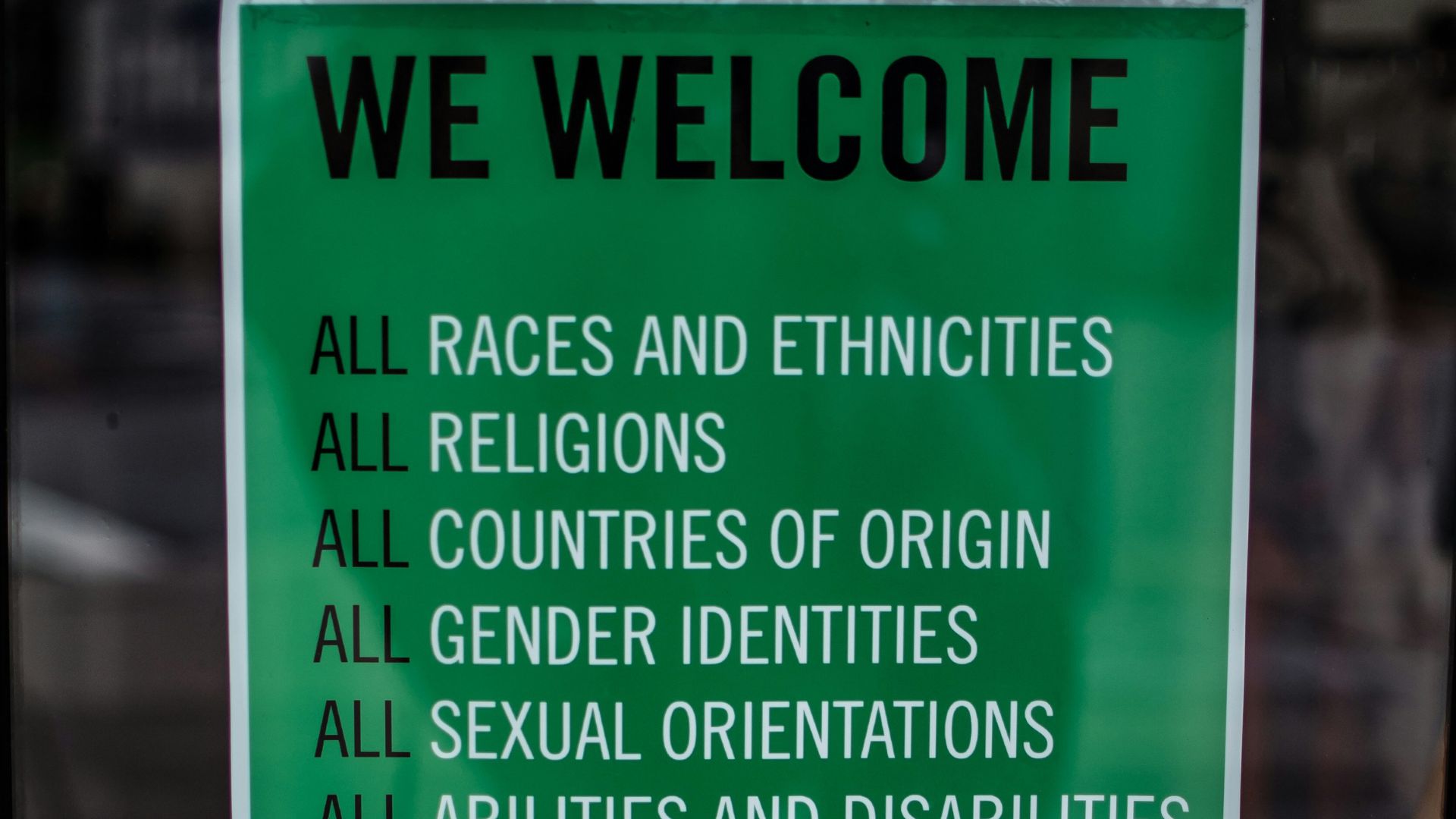
Officially called the “Stop Wrongs To Our Kids and Employees Act,” this legislation targeted teachings that label any race or gender as inherently privileged or oppressed.
Proponents claimed it was meant to curb what they see as discriminatory diversity efforts masquerading as educational content.
What the Stop WOKE Act Says
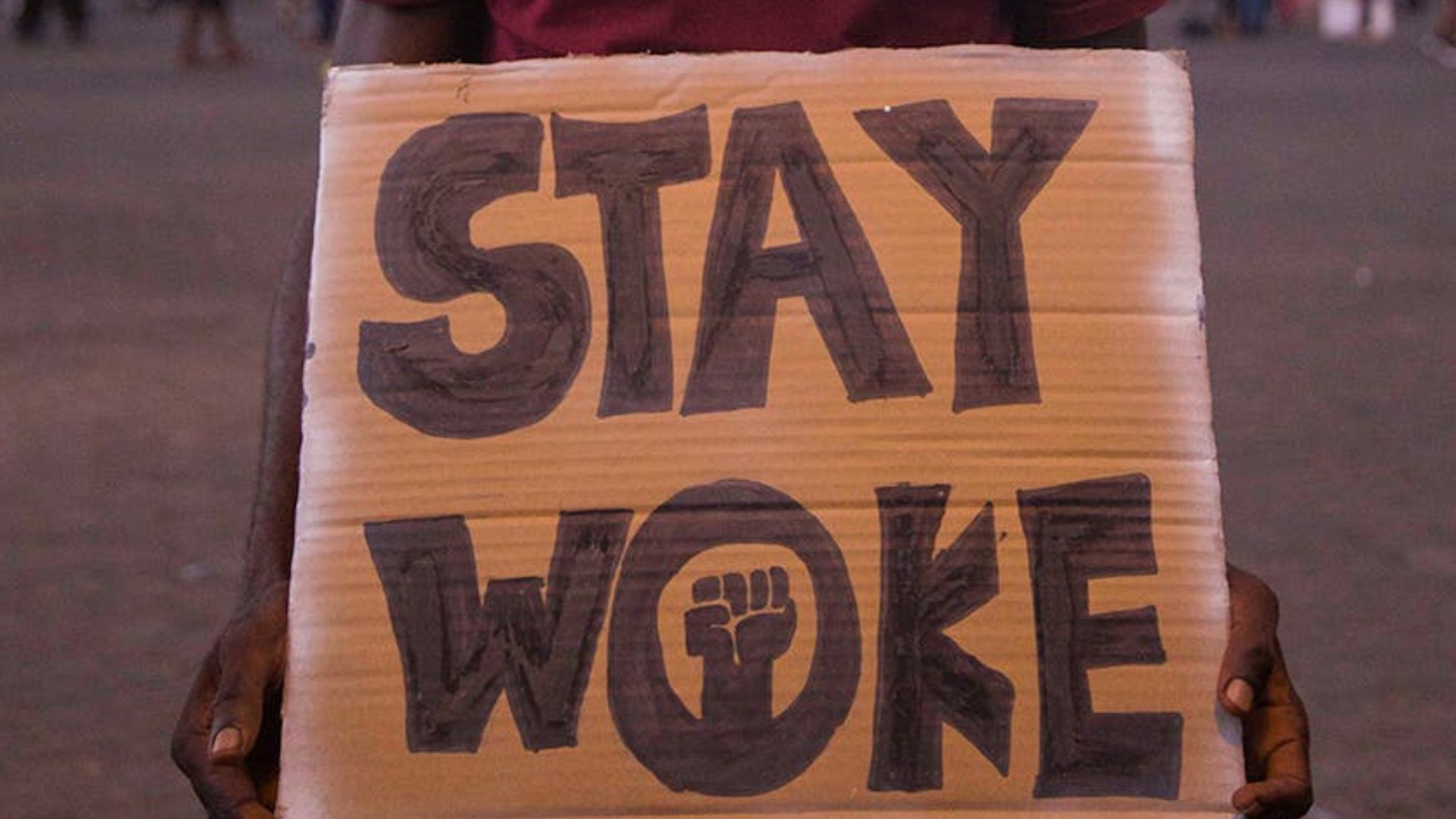
The Stop WOKE Act states that teachings or business practices need to be banned where people are told members of one ethnic group are racist or should feel guilty for previous actions committed by the same ethnic group.
It also prevents the idea that anyone can be privileged or oppressed based on their race or gender from being taught.
Stop WOKE Act First Blocked in 2022

This isn’t the first time that the Stop WOKE Act has been blocked. The first time this happened was in 2022, a preliminary injunction.
At the time, this meant that the act was temporarily blocked from being put into law until a further injunction could be put into place.
Judge Marks a Line in the Sand

Chief U.S. District Judge Mark Walker ruled against the act’s application in private workplaces, citing violations of First Amendment freedoms.
His decision demonstrates a significant boundary: the state’s reach into private sector speech and training.
What Is the First Amendment?
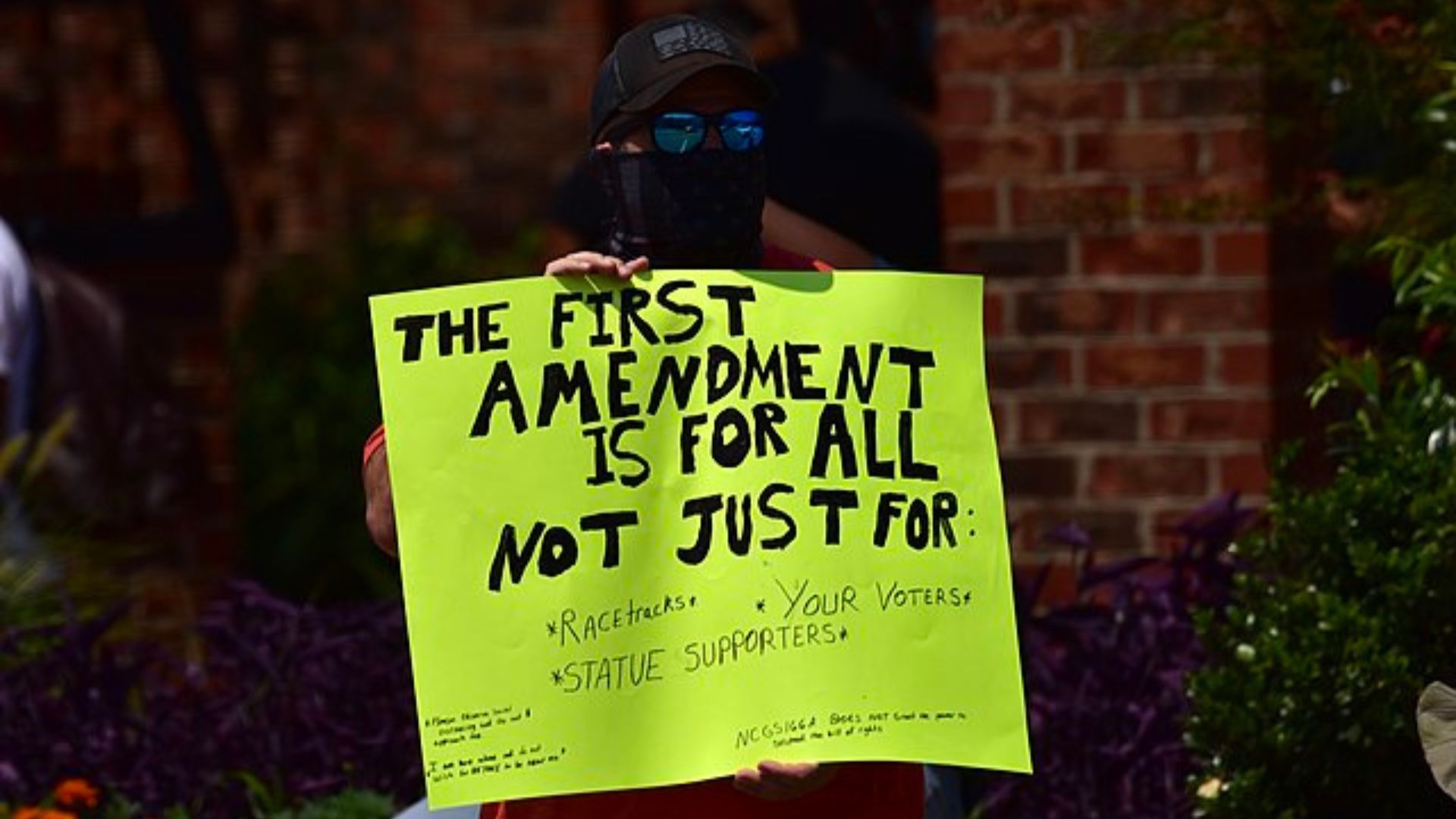
As part of the act has been blocked due to it going against the First Amendment, many have questioned what this amendment says for it to help block the act.
The First Amendment states that no laws should be made that prohibit free exercise, speech or press and enable people to petition the government to remedy their grievances.
Fourteenth Amendment Also Mentioned
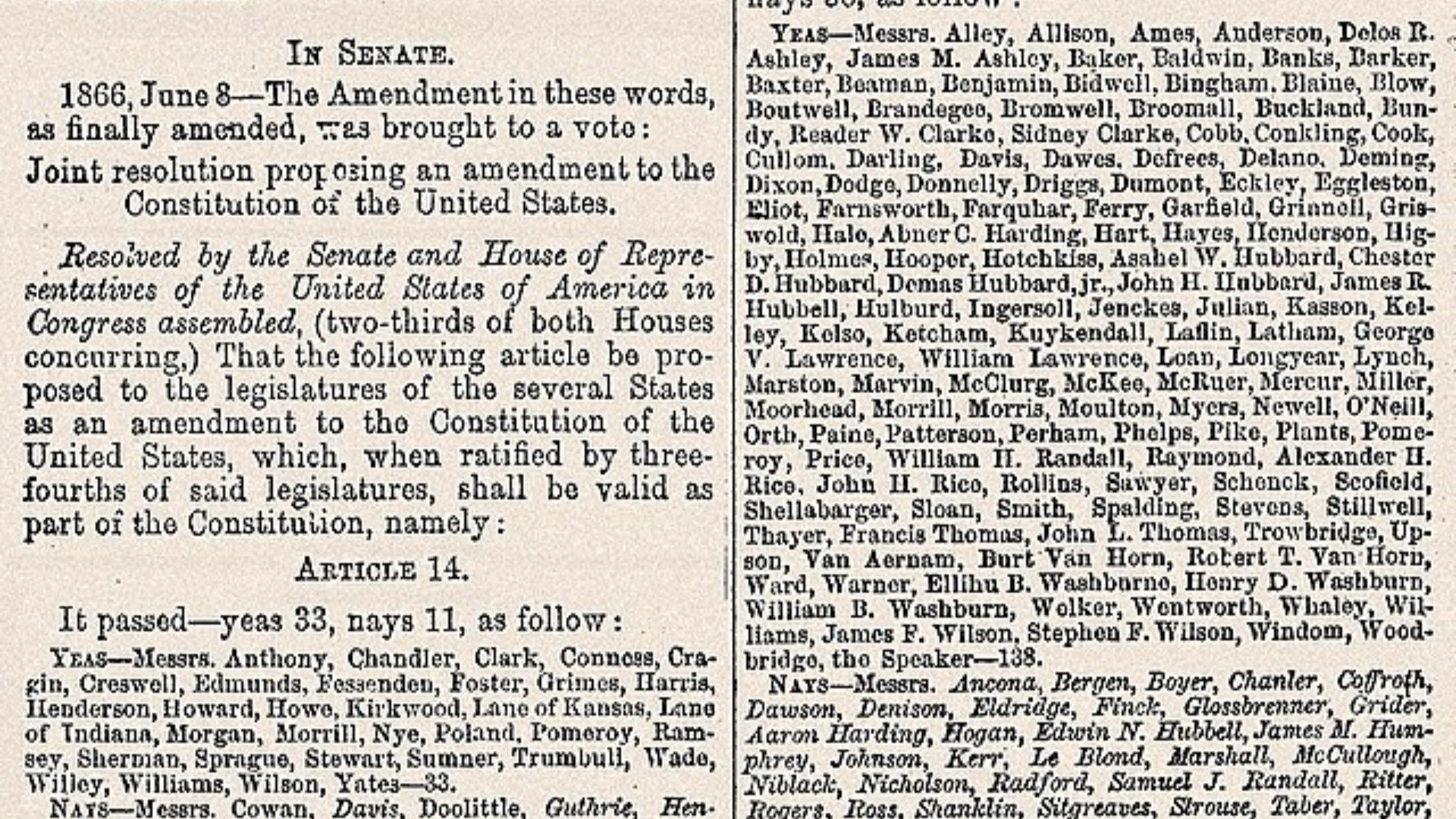
Judge Walker cited the First Amendment and the Fourteenth Amendment as reasons for blocking parts of the act.
The Fourteenth Amendment states that states aren’t allowed to make any laws that take away the privileges or immunities of U.S. citizens. It also states that states cannot deny any citizen equal protection from the laws.
Breaking Down the Blocked Sections

Judge Walker’s injunction stops the act from banning workplace training that could suggest racial or gender privilege or oppression.
His ruling highlights the constitutional safeguard against silencing such discussions in private employment settings.
Strong Words From the Court
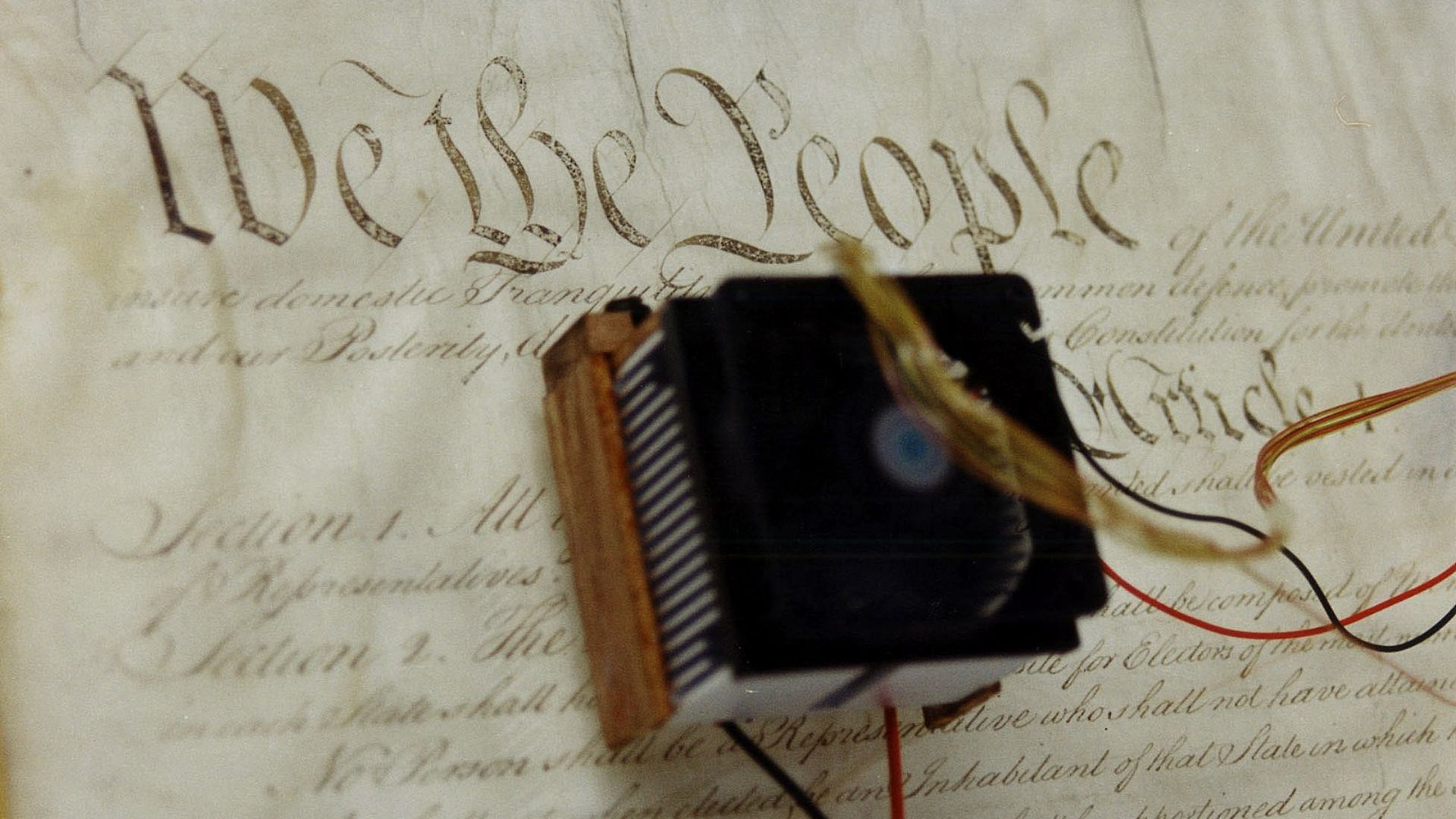
Reacting to the ruling, Shalini Goel Agarwal of Protect Democracy, representing the plaintiffs, said, “[This is] a powerful reminder that the First Amendment cannot be warped to serve the interests of elected officials.”
This statement crystallizes the constitutional stakes involved.
Judge Mark Walker Was Appointed by Obama
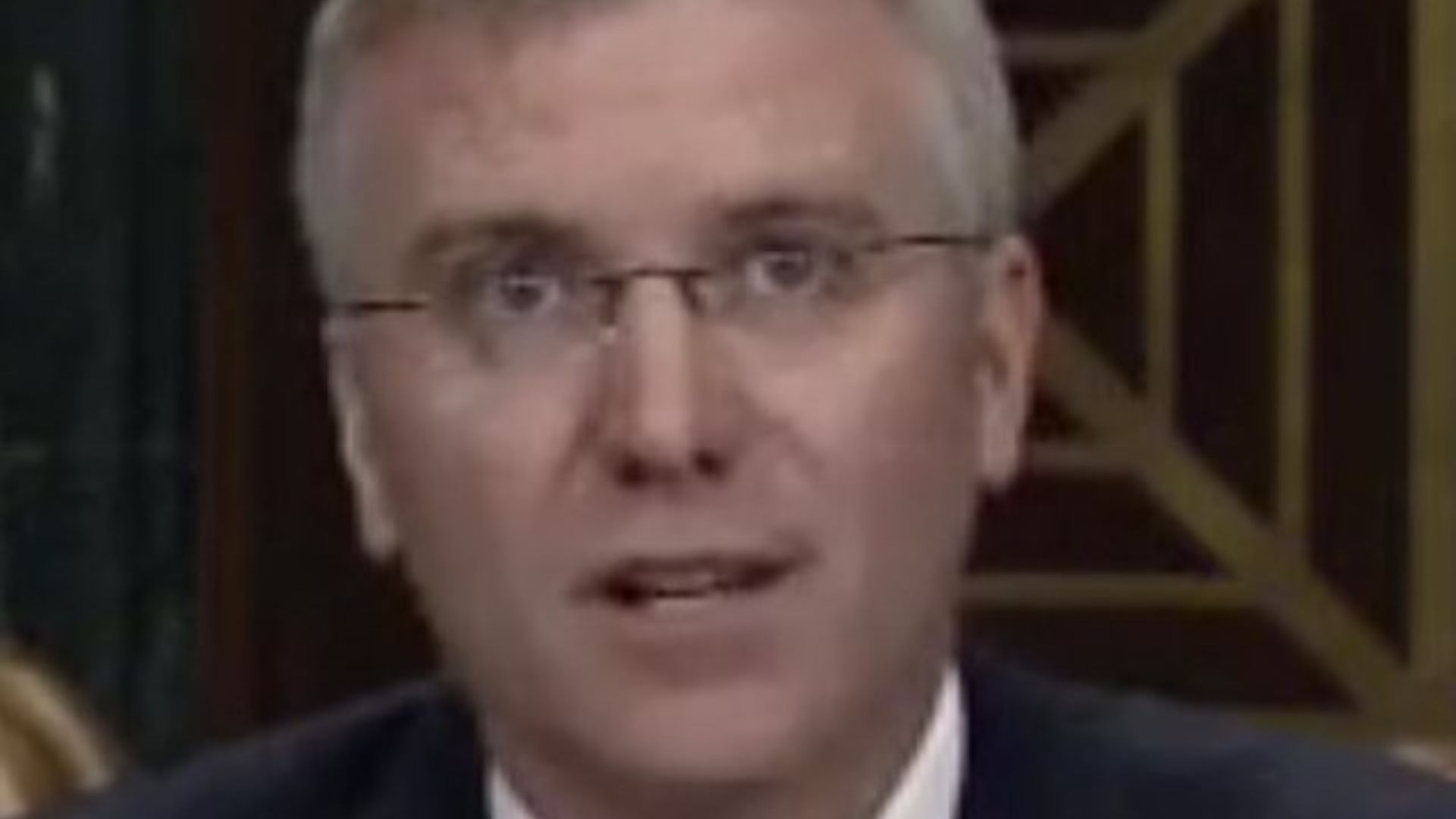
Presidents can appoint judges, and former U.S. President Barack Obama, a Democrat, appointed Judge Walker.
Some believe it might have swayed his decision as DeSantis is a Republican politician. However, Judge Walker’s decision clearly shows how the act goes against the U.S. Constitution.
Popular Companies Challenged the Law

Due to their disagreement with the proposals of the Stop WOKE Act, some popular companies challenged the law to try and get it revoked.
These companies included Primo Tampa, LLC (a Ben & Jerry’s ice cream franchisee), Honeyfund.com, inc. and Chevara Orrin and her company Collective Concepts, LLC.
Companies Against the Stop WOKE Act

Some of the reasons these companies are against the Stop WOKE Act is because they agree with DEI initiatives, and in some cases, they train employees with these in mind.
For example, Collective Concepts, LLC, provides consulting and training to employers on issues related to DEI, so this law could affect their business had it not been blocked.
Governor DeSantis Holds His Ground
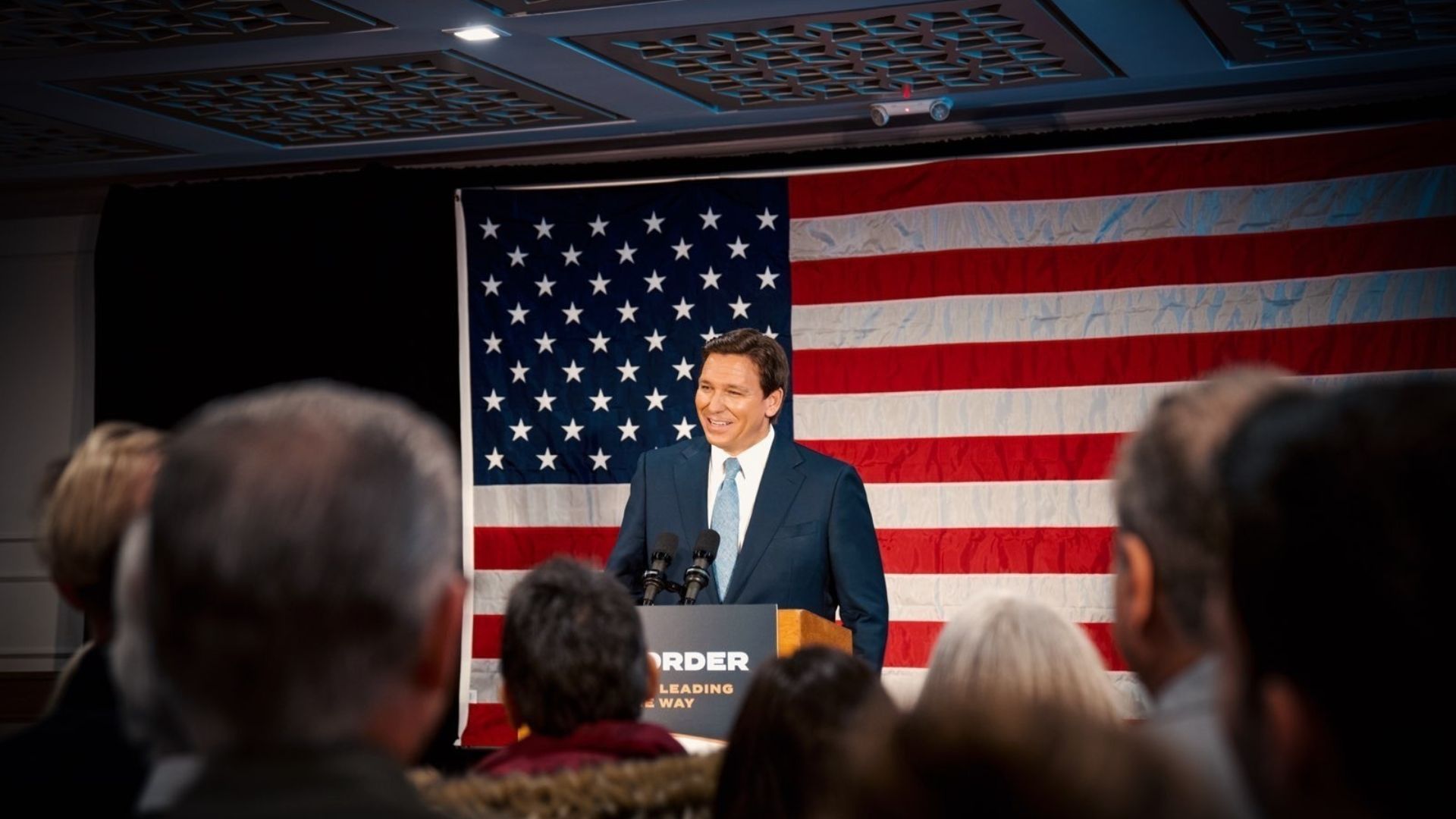
Despite the legal setback, Governor DeSantis continues to tout the “Stop WOKE Act” as a critical defense against what he considers encroaching progressive ideologies.
He famously said that “Florida is where woke goes to die.”
DeSantis Disagrees With the Decision

As a strong defender of the act, DeSantis completely disagrees with Judge Walker’s decision.
He even defended the law during his failed run for President. Given how that went, it could be a sign that not many outside of DeSantis and his supporters favor it.
Florida’s Curriculum Claims Slavery Was a Benefit
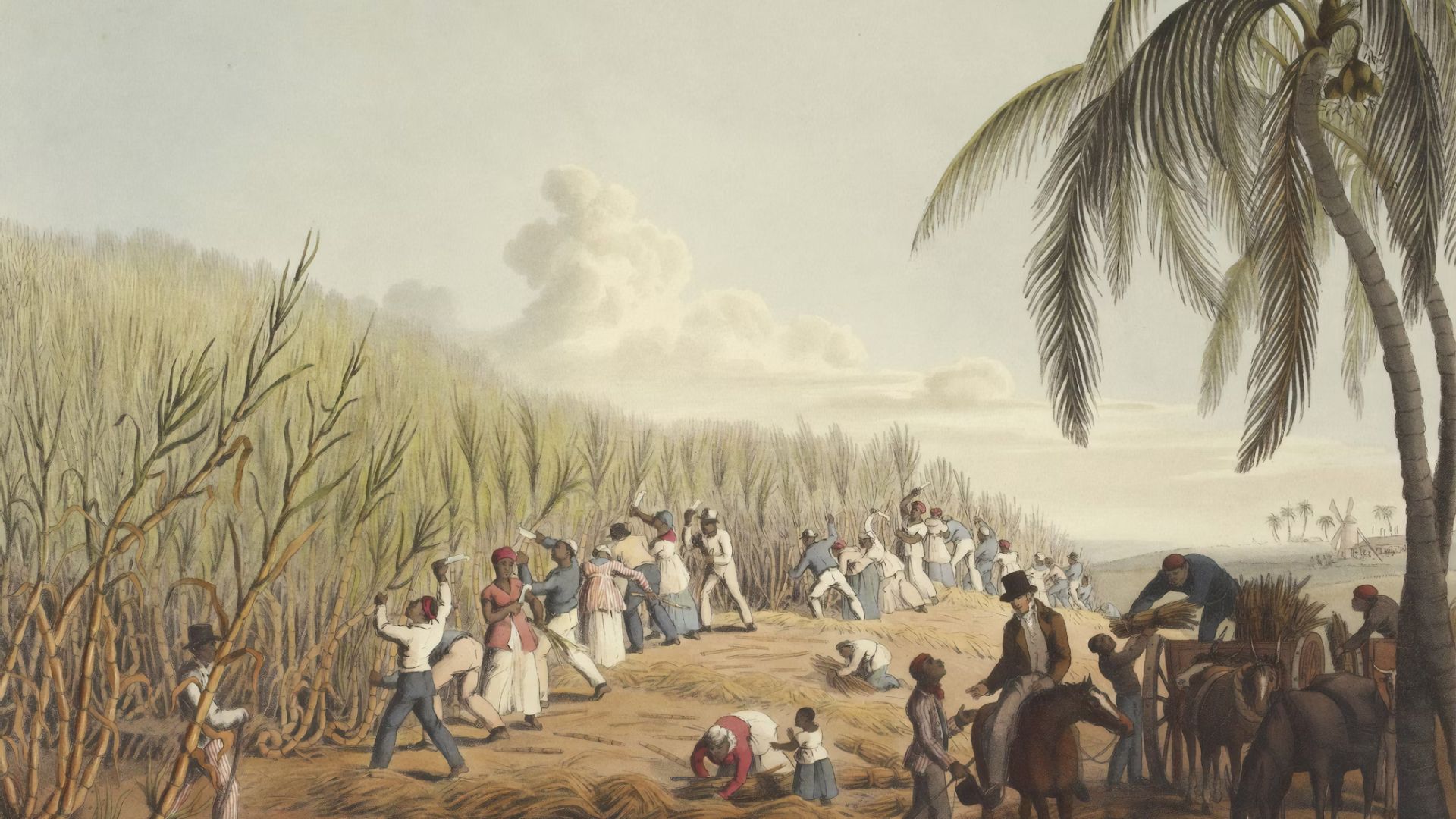
Florida’s educational curriculum is somewhat different from the rest of the U.S. Within the K-12 curriculum, it claims that slavery was a benefit to Black people.
This has naturally brought many challenges to the Board of Education, including calls for this aspect of the curriculum to be removed. However, the board has completely ignored all of this, and the statement currently remains.
History of Legal Challenges
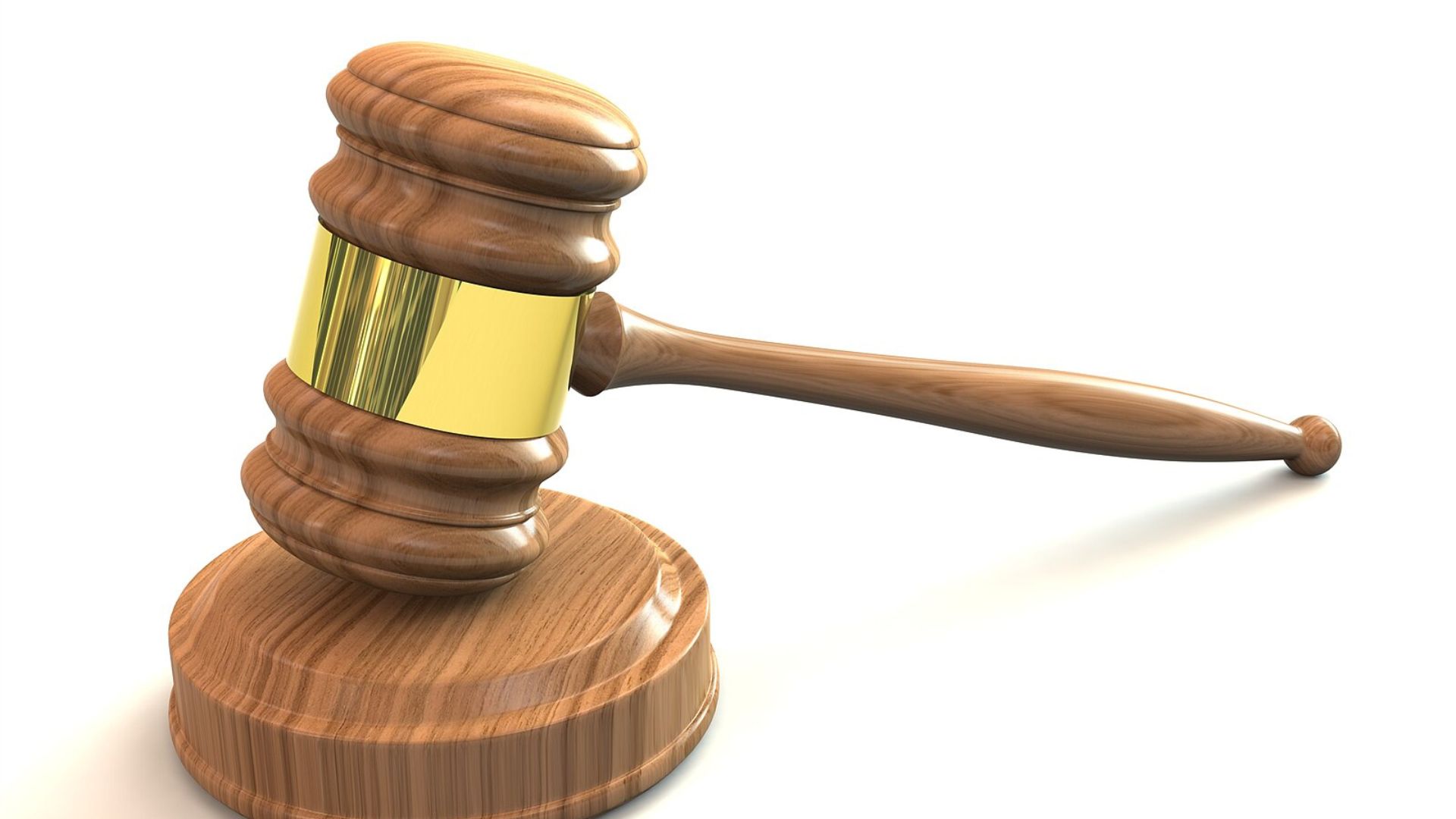
The act isn’t new to the courtroom.
Last year it faced a preliminary injunction from Judge Walker on similar grounds, which was upheld by the 11th U.S. Circuit Court of Appeals this past March.
Educational Provisions Unaffected

It’s noteworthy that this ruling does not touch the educational elements of the act, which remain in force.
These sections continue to operate untouched by the court’s recent focus on workplace-related provisions.
The Higher Education Appeal

While much of the act has already been blocked, but some parts await an appeal before we know where the act stands on a legal viewpoint.
The higher education aspect of the bill is currently being appealed, so only time will tell whether it will make it through the appeals court or need to be removed from the act.
A Focal Point for National Debate
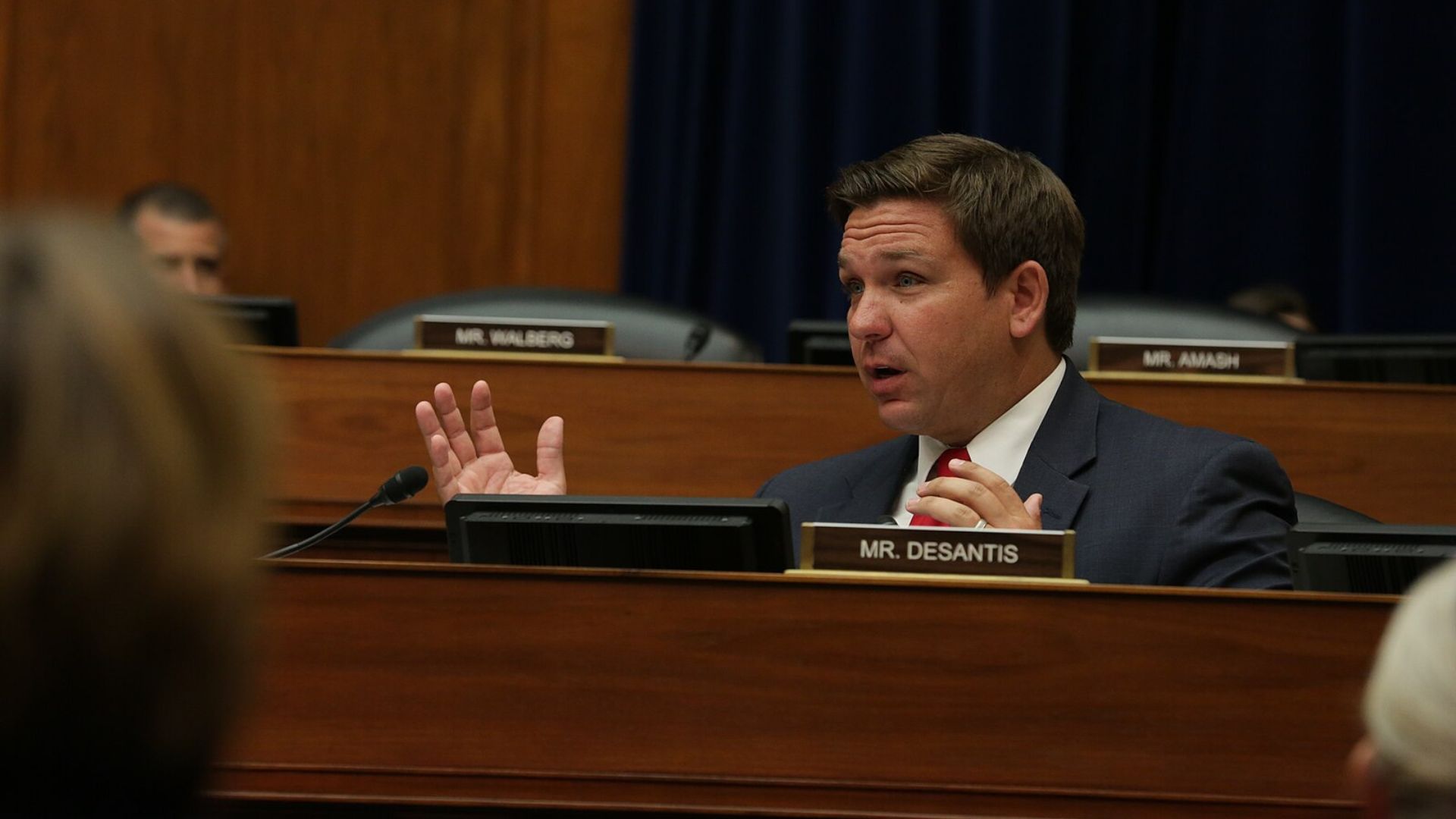
This legal contest over the “Stop WOKE Act” has thrust Florida into the center of a national discussion.
It highlights the balance of power between state legislation and protected constitutional freedoms, especially concerning free speech.
California’s Woke Laws
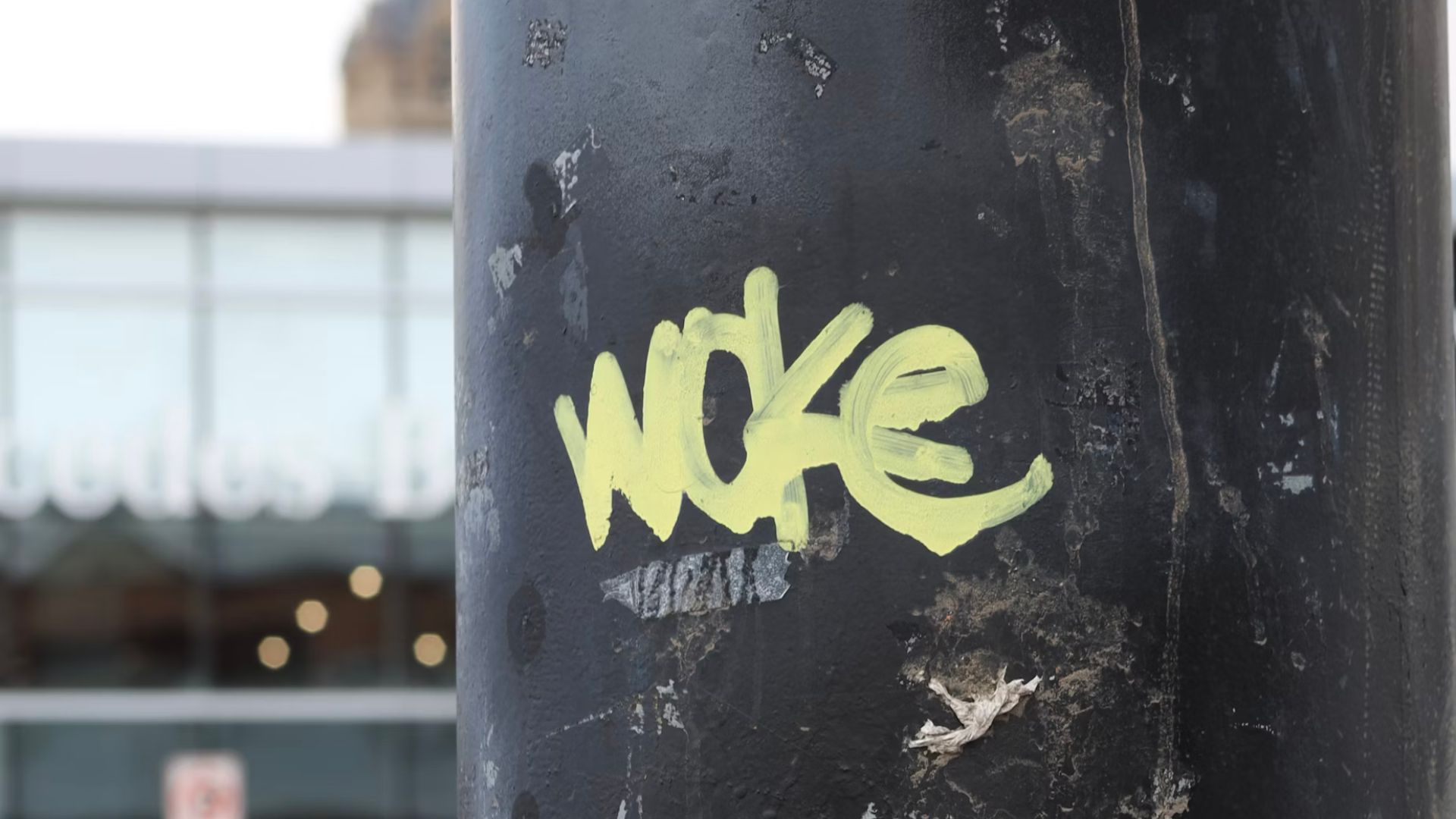
Florida isn’t the only U.S. state to implement woke laws, as California has also decided to implement some of its own.
Some people claim that raising the minimum wage to $20 for fast food workers is a woke law, and it has even cost some people their jobs as companies can no longer afford to keep all of their workers.
The Road Ahead for the ‘Stop WOKE Act’
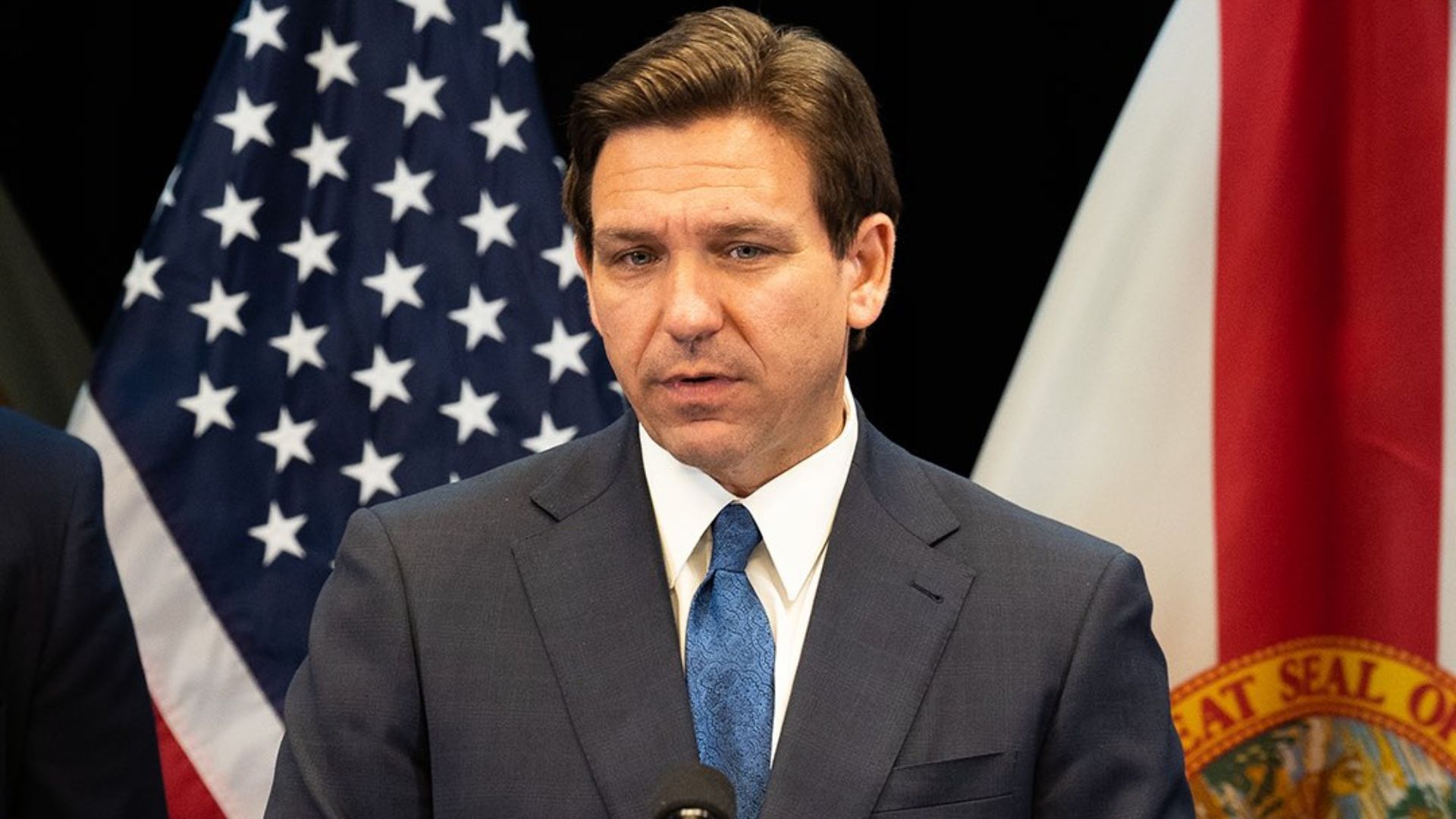
The future trajectory of the ‘Stop WOKE Act’ remains uncertain.
With some parts still legally active and others under ongoing judicial review, the coming months may well shape how such laws are approached and adjudicated across the country.
A Polarizing Law

The ‘Stop WOKE Act’ continues to divide opinions sharply.
Its supporters see it as a necessary shield against ideological overreach in education and the workplace, whereas its detractors argue it limits vital discussions on race and discrimination, which are essential to a free society.
Reflecting on the First Amendment Implications
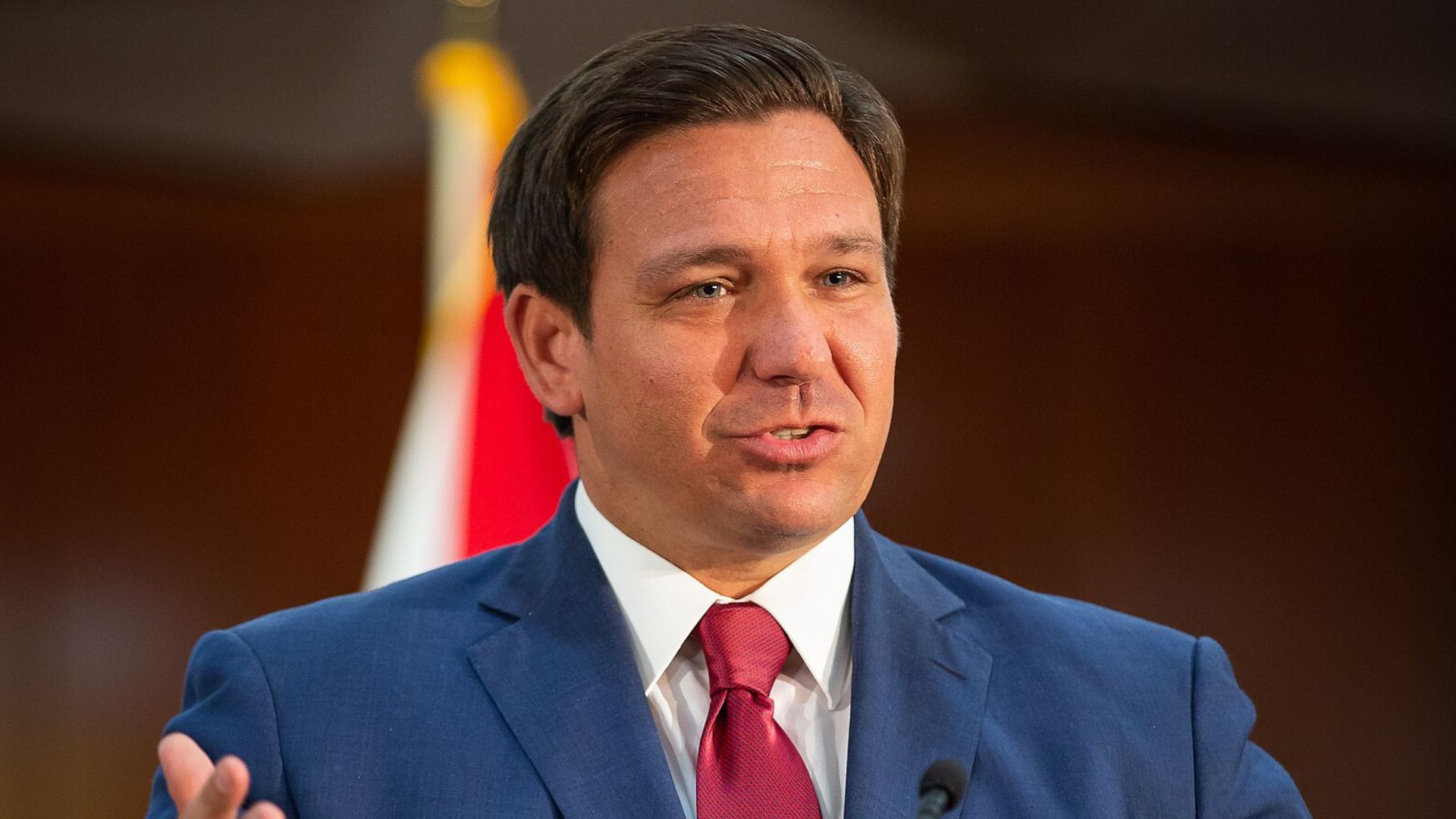
This decision is more than a legal rebuff — it’s a significant commentary on the limits of state power over individual freedoms in private settings.
As this case potentially moves toward higher courts, it promises to be a benchmark in the ongoing dialogue about state authority versus constitutional rights in America.
